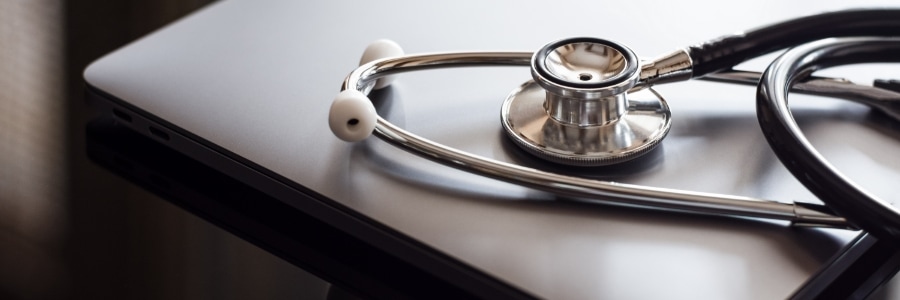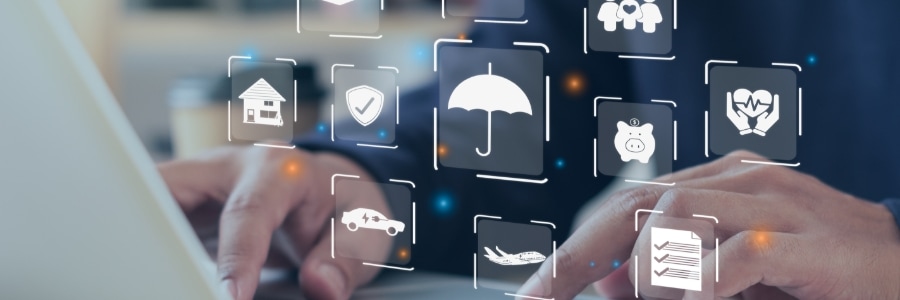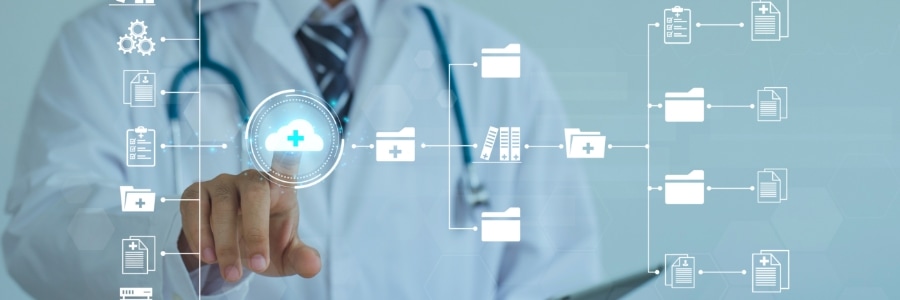Artificial intelligence (AI) is transforming disease detection, identifying health conditions doctors may not even be looking for. By analyzing medical scans beyond their original purpose, AI can catch early signs of various diseases such as bone disorders and cardiovascular conditions.
What’s next in healthcare IT? 4 Trends for 2025
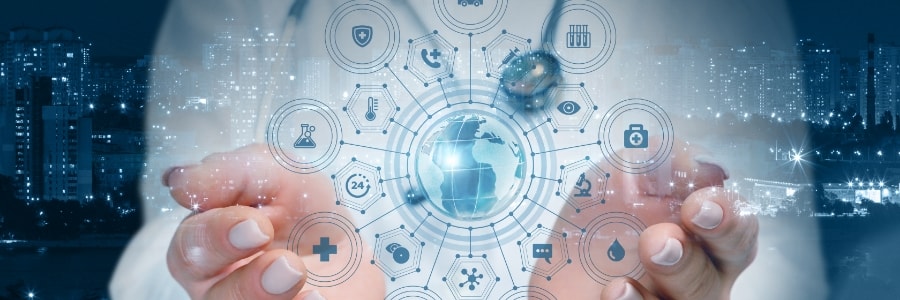
Healthcare technology is advancing rapidly, and in 2025 we can expect even more groundbreaking developments. This year, AI-driven tools, cutting-edge telemedicine platforms, and other healthcare innovations are expected to improve patient outcomes, streamline operations, and tackle persistent challenges.
Balancing joy and wellness: Your guide to staying healthy during the holidays
How identity and access management enhances zero trust in healthcare security
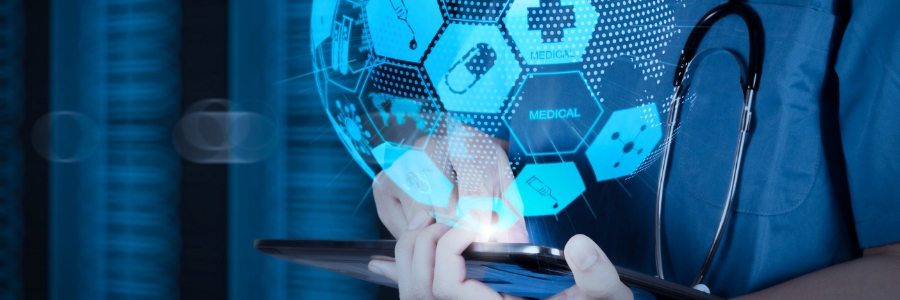
Many healthcare organizations are adopting zero trust security models to boost the protection of patient information from growing cyberthreats. To enhance the effectiveness of a zero trust model approach to security, it's crucial to integrate identity and access management (IAM) into security measures.
7 Essential strategies to revitalize your remote work routine
Key factors for choosing the ideal EMR system
HIPAA and social media: Violations, consequences, and tips
Stay in shape with these work from home exercises
How cloud technology is transforming healthcare
The potential of blockchain technology in healthcare
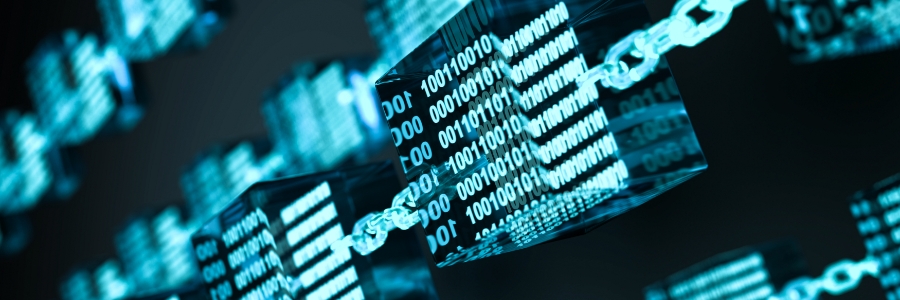
The world of technology is constantly evolving, with innovations finding new applications beyond their original purpose. Blockchain is one such innovation. This technology was initially designed to secure cryptocurrency transactions but is now making waves in various industries, including healthcare.



